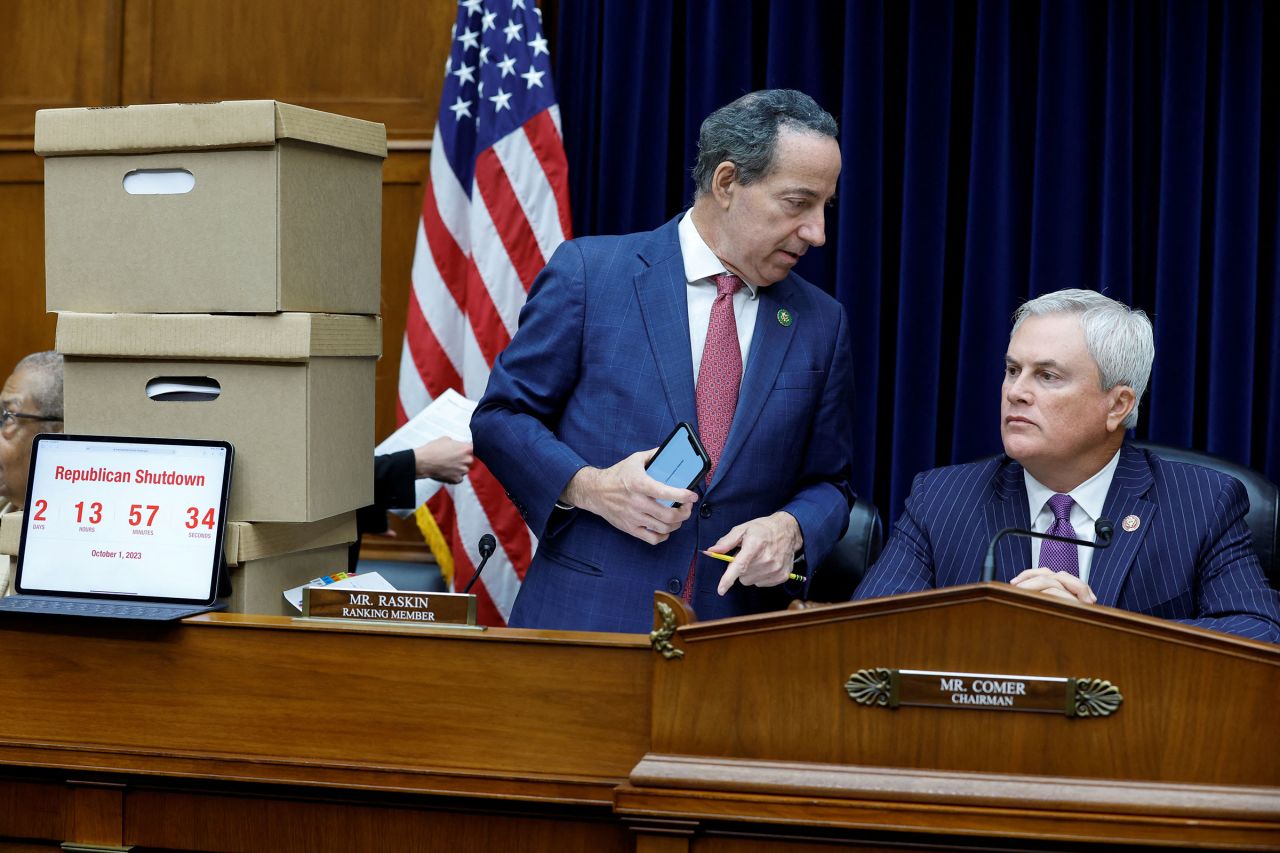Congress gets mad. Okay, picture this: House Republicans are all set to start an impeachment inquiry into President Joe Biden. But guess what? His son, Hunter, gave Congress the ol’ cold shoulder, ignoring a subpoena. That’s a risky move because it could land him in hot water with Congress for contempt.
Hunter’s No-Show
So, Hunter Biden’s not feeling the closed-door vibe. He wants to spill the beans publicly, not behind closed doors as the Republicans in the impeachment inquiry wanted. But they’re not having it. House Oversight Chair James Comer and House Judiciary Chair Jim Jordan are like, “Nuh-uh, we’re starting contempt proceedings since Hunter didn’t show up for his scheduled interview.”

A Little History
Congress gets mad. This isn’t the first rodeo with Congress getting ticked off. Remember when Democrats faced the same issue with uncooperative peeps linked to former President Trump? Yep, they had a few battles, too.
Contempt: The Showdown Begins
Now, there are three ways Congress can handle this. One: criminal contempt, where Congress votes to find someone guilty of contempt. Then it goes to the big House vote, and if that flies, Speaker Mike Johnson hands it off to the US attorney in DC.
But here’s the kicker—while the law says the US attorney must take it to a grand jury, the Justice Department calls the shots on prosecuting.
Punishment for Contempt
Now, if someone gets slapped with criminal contempt, it’s no joke. They could get hit with a fine or even face up to a year in the slammer. But hold up—this path is rarely taken, and folks don’t often end up behind bars.
Civil Contempt: Bringing in the Judges
Option two: civil contempt. Here, Congress drags the person to court, asking the judges to force them to follow the subpoena. But hey, this process moves at the speed of a snail. It took forever for Congress to get Trump’s tax returns, even after he left the building, thanks to the courts dragging their feet.
Last Resort: Inherent Contempt
And three: inherent contempt, the wild card. This involves Congress telling their sergeant-at-arms to nab the person in contempt and keep them locked up until they play ball with Congress.
But hold your horses—this hasn’t happened in ages. It’s like the emergency button—they’ll use it only if things get super serious.
Congress’ Power Play
So, when Congress gets cheesed off, they’ve got a few tricks up their sleeve. But honestly, using the Justice Department for criminal contempt might just be a warning shot. This path takes ages, with appeals and cases dragging on forever.
So there you have it—the drama of what happens when Congress wants answers and someone’s not playing ball. But whether it ends in fines, jail time, or just a lot of legal back-and-forth, well, that’s a whole other story.



